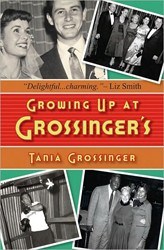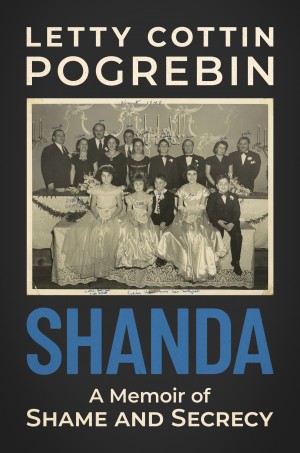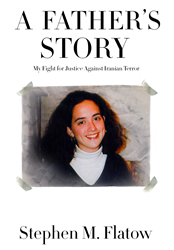My Own Words was supposed to be the second of a planned two-volume autobiography by Ruth Bader Ginsburg, but it has been released first. Her first published book since her appointment to the Supreme Court in 1993, it is a compelling documentary history that features selections from key speeches, articles, briefs, and decisions that tell the story of her life and career.
We get a sense of Ginsburg’s life, both as a person and a Justice. The introductions and summaries throughout the book give us a rich biographical sketch that frames the documents beautifully. The first section includes some of her own earliest writing — for her high school newspaper — as well as tributes to her by her late husband, with whom she shared five decades of marriage, as well as her own tributes to Antonin Scalia, her close colleague (and frequent sparring partner) for over two decades on the Supreme Court. Other speeches and articles describe her experience of day-to-day life at the Court, as well as her reflections of how that has changed — or not — in her two and a half decades there.
The motifs that run through this almost surprisingly readable book are less about legal doctrine and more about people. The introduction to the second section of the book notes her partiality to the vägmärken, or way-pavers, who came before her. This plays itself out both in terms of the attention Ginsburg draws to the women whose precedents paved the way for Ginsburg’s own career, as well as those whose legal arguments formed the liberal tradition that she draws upon. The speeches and articles in this section, tributes to the women in whose footsteps Ginsburg sees herself following, are striking both in the intimate, colorful detail she gives to them and the sense of responsibility and purpose that she draws from them. From them, we can also understand how she sees her own place as a role model for those who look up to, and rally around, her own life story and legal record.
Even her legal doctrine itself is about people. As opposed to the strict originalists, like her late colleague and friend Antonin Scalia, she espouses a “living Constitution” that features concepts and ideals with “growth potential” as rights and protections are extended to people and groups that were once excluded. She is an advocate of the productive power of collegiality, both between judges on the bench as well as between decisions, precedent, and society. Instead of seeing judges as “platonic guardians” of laws brought down as if from on high, she is very aware that laws are produced by a society to assert its values and regulate itself according to them. In short, laws are there to uphold the people as much as the reverse. These points come through in a series of selections from the cases and speeches that, to Ginsburg, are the highlights of her life and times.
Related Content:
- Book Cover of the Week: Notorious RBG
- I Dissent: Ruth Bader Ginsburg Makes Her Mark by Debbie Levy and Elizabeth Baddeley
- Ruffled Collars: Read an excerpt from Sisters in Law: How Sandra Day O’Connor and Ruth Bader Ginsburg Went to the Supreme Court and Changed the World by Linda Hirshman




